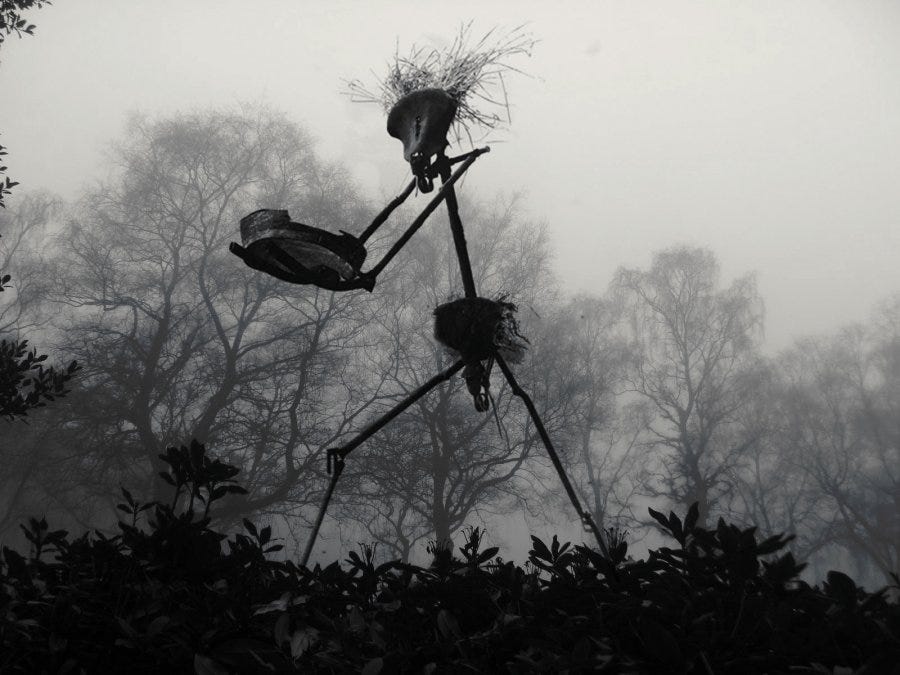Ralph Spoilsport
Registered User
- Jun 4, 2011
- 1,234
- 426
Gun Crazy is a movie we've all seen before, many times with different titles--They Live By Night, Breathless, Bonnie & Clyde, Badlands, to name a few--a guy on the run with a gun and a girl. It's a classic combo: romance and action, sex and violence: they go together like guns and ammunition. This is the B-movie version, memorable for the chemistry between the leads--their mutual attraction on their first meeting, when they compete in a carnival show shooting contest, is conveyed mainly through body language yet is unmistakeable. It's their gun skills that draw them together and you don't need to be Freud to figure this out. Later they bicker like any old married couple would while speeding away from their latest heist in a stolen getaway car. They're a good team. Doomed, but good.
Noteworthy also for its resourcefulness, Gun Crazy has a good eye for striking images, lighting and angles and makes good use of long takes. Particularly memorable is the bank heist shot entirely in a single take from the back seat of the car; foregoing the action of the actual robbery taking place inside, we wait instead outside and deal with the tension as Annie has to suddenly and nervously improvise when a cop wanders onto the scene. (She takes the cop out with one karate chop!?)
Gun Crazy is a rare film noir that confronts the wholesomeness of small town America, the characters seem to be drawn more from the Saturday Evening Post than from a Raymond Chandler crime thriller. There is no seedy criminal underworld for whom guns are just tools of the trade, Bart and Annie aren't obsessed with gaining power and wealth. They're just people next door with an obsession with guns chasing the American Dream.
Noteworthy also for its resourcefulness, Gun Crazy has a good eye for striking images, lighting and angles and makes good use of long takes. Particularly memorable is the bank heist shot entirely in a single take from the back seat of the car; foregoing the action of the actual robbery taking place inside, we wait instead outside and deal with the tension as Annie has to suddenly and nervously improvise when a cop wanders onto the scene. (She takes the cop out with one karate chop!?)
Gun Crazy is a rare film noir that confronts the wholesomeness of small town America, the characters seem to be drawn more from the Saturday Evening Post than from a Raymond Chandler crime thriller. There is no seedy criminal underworld for whom guns are just tools of the trade, Bart and Annie aren't obsessed with gaining power and wealth. They're just people next door with an obsession with guns chasing the American Dream.


